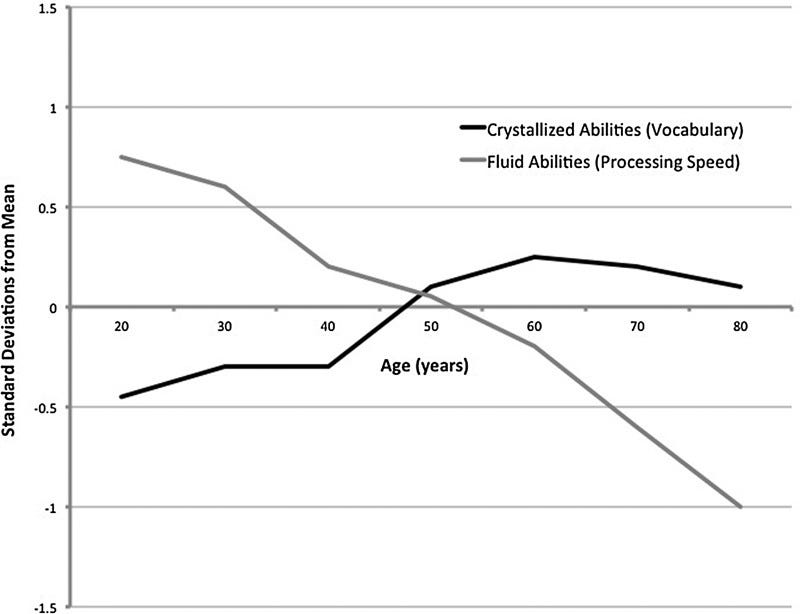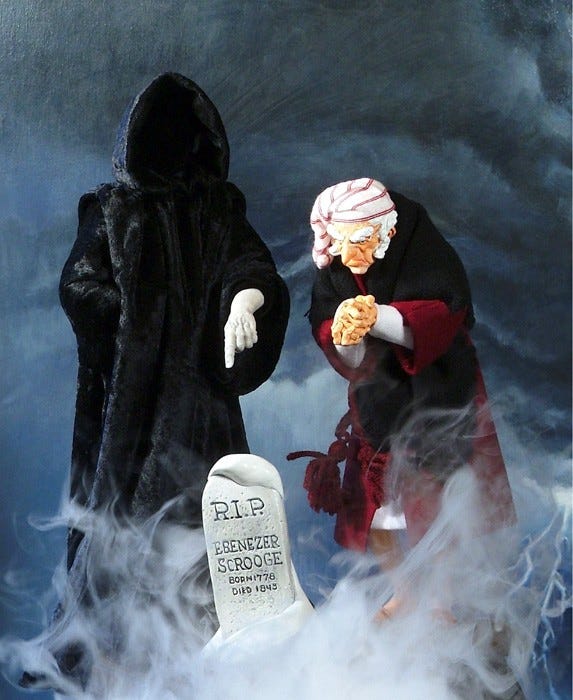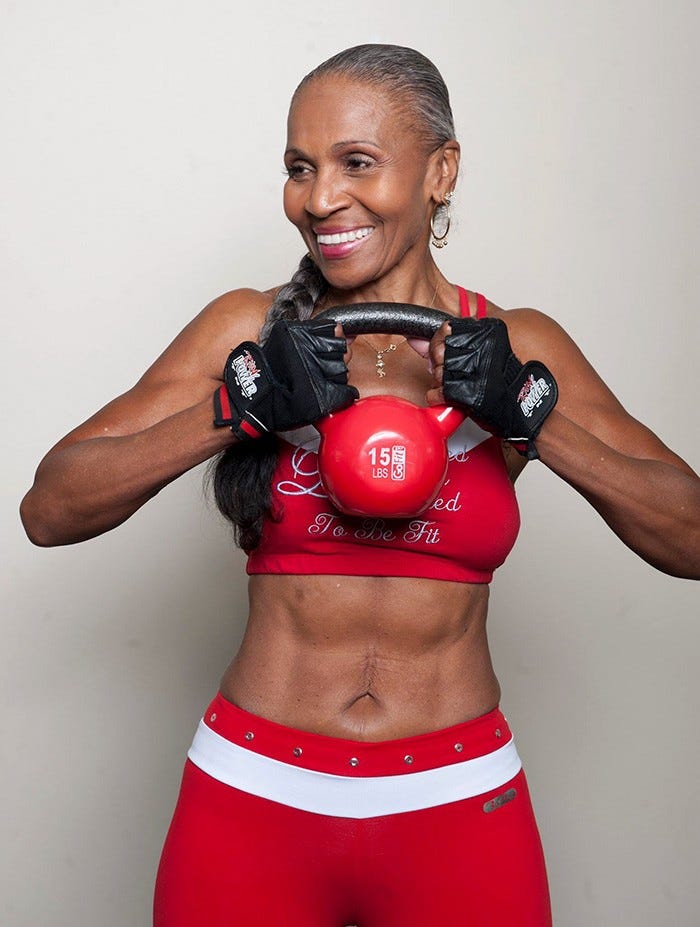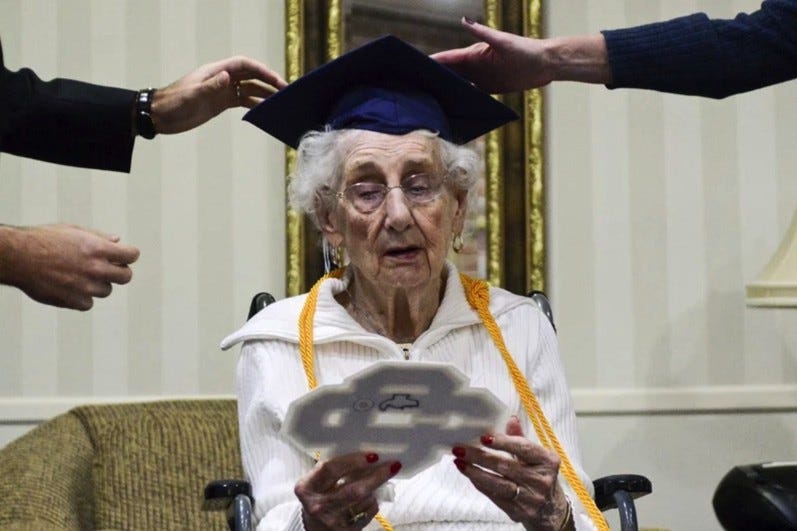These 7 brutal truths about aging will help you get your shit together
Author’s Note: Originally published in 2019
As I along with the people I love get older, I realize a universal truth more and more:
Aging is not for the weak.
From heart bypasses, cancer, depression, and dementia to lower energy, balding, dentures, and chronic pain. Aging is the real deal.
And aging is NOT just hard physically. Starting around age 30, life also gets more complicated, and in many ways, more difficult.
In our 20s, life is simple. We can focus on ourselves, our friends, and our careers. Our health is great. We're naive.
But, then we meet someone special. We can't just think of ourselves anymore. Next, we create a new human being. Now, we have to optimize for multiple people's future at once. Not only that, we get jobs with more and more responsibility while our expenses skyrocket. And, our own health, energy, and cognitive processing speed along with our parents' health starts to gradually (and sometimes rapidly) decline.
It can sometimes feel like we're juggling 6 plates at once. And, just one little thing going wrong can throw everything off...
On the outside, we may present as if we're calm...
But in reality, we're working our asses off underwater like these cute little ducklings...
In that day-to-day hustle, it's easy to get stuck focusing on meeting deadlines, doing what's urgent, and putting out fires
Therefore, it's easy to...
Eat like we're going to live forever (Only 4% of people who start a diet actually stay consistent with it.)
Avoid exercise like it doesn't matter (Only 20% of people exercise regularly.)
Not put away extra money for a rain day (1 out of 3 Americans have no savings at all. 80% of Americans say they live paycheck to paycheck.)
Not appreciate the people we love until it's too late (1 of 5 Americans feels alone and isolated.)
Not focus on regular deliberate learning, because it doesn't feel urgent
So, I wanted to do the research. To not let life stages take me by surprise. To appreciate what's most important in the moment, not when it's too late. To make smart decisions for my future.
Ultimately, the stats I found were actually way more brutal and complicated than I expected
1. 50% of first marriages end in divorce. Then it gets worse
A significant other means that we need to think beyond ourselves. Every big decision we make about our life needs to be done collaboratively with someone else.
Being married is incredibly fulfilling, and, at the same time, it can also be incredibly difficult. Almost 50 percent of first marriages in America end in divorce or separation. 60% of second marriages. And 73% of third marriages.
2. Raising kids to 18 takes 13,000+ hours and over $200,000. Then college costs even more
Kids add a richness to life that is almost impossible to explain.
At the same time, we suddenly become 100% responsible for another human life. This means we have less time, money, and energy for other areas of our life.
According to the Bureau of Labor Statistics, Americans spend approximately 2 hours per day on activities related to childcare until they reach adulthood. That adds up to over 13,000 hours.
According to a report from the U.S. Department of Agriculture it now costs $233,610 to raise a child to 18 years old. Then, of course, there is paying for college and that could be hundreds of thousands of dollars more.
3. Caring for elderly parents takes 1,000 hours & $12,000 per year
Over time, we move from being taken care of by our parents to taking care of them.
According to research, miscellaneous expenses for elder care can cost an average of $12,000 a year. Research from the National Alliance for Caregiving shows that adult caregivers spend nearly 19 hours a week providing care on average. That's nearly 1,000 hours per year. That time is spread over activities like shopping, food preparation, housekeeping, laundry, transportation, giving medication, feeding, dressing, grooming, walking, bathing, assistance toileting, researching care services or information on disease, coordinating physician visits or managing financial matters.
About 39.8 million American caregivers provide care to parents with a disability or illness.
4. Our cognitive processing speed declines starting in our 20s
The following chart shows the normal aging of individuals [source]. The negative slope of the gray line says it all.
5. The best contribution of scientists comes around 40 years old
All of the changes above make it harder to devote time and energy toward our career as we get older. The book, The Formula, written by researcher Albert-László Barabási breaks down a lot of the research studies on age and impact. The chart to the left summarizes the findings.
6. Our knowledge becomes outdated and causes us to make bad decisions
As I share in The Math Behind The 5-Hour Rule, the average knowledge worker needs to spend an hour per day learning just to stay relevant. As we get older, we must not only learn new information, we must essentially forget old information. The chart below says it all...
7. Over 20% Of American Adults Have Chronic Pain According To The CDC
And the percentage of people living in pain increases from when we become an adult to our mid-fifties.
The Good News — We Don't Have To Be A Statistic
That's the bad and complicate news. Here's the good news.
Understanding our possible future can help us change it, just like it does to Ebenezer Scrooge in the Christmas Carol.
Not only that, we collectively have figured out how to dramatically slow down (and in some cases) reverse the effects of aging.
For example, even though I'm 37 now, I feel way better than I did when I was 20, because I'm aware of a food allergy to gluten, I exercise regularly, and I get better sleep.
I'm also smarter because I've read thousands of books and followed the 5-hour rule. On average, I spend 4-6 hours a day learning and writing. While our fluid intelligence (processing speed) declines as we age, our crystallized intelligence (knowledge) keeps rising if we keep learning. So does our wisdom as Harvard Researcher Robert Kegan has shown...
We're never too old to make big changes and defy the odds
As you get older, it’s more difficult to have heroes, but it’s just as necessary.
—Ernest Hemingway
Below are a few of my favorite stories I turn to for inspiration to live my life well now...
A 84-Year-Old Pursues His Life Long Dream
A Couple In Their 90s As Deeply As In Love As When They First Met
A 72-Year-Old Women Decides To Make A Difference By Cleaning 52 Beaches
[Source]
Ernestine Shepherd Becomes The World's Oldest Female Bodybuilder at 83
A 96-Year-Old Secretary Quietly Amasses A Fortune, Then Donated $8.2 Million
[Source]
A 97-Year-Old Woman Receives Her High School Diploma
[Source]
Entrepreneurs Who Didn't Have Their Breakout Companies Until Their 40s And 50s
Entrepreneurs like...
Vera Wang didn't begin her career as a designer until she was 40.
Stan Lee (creator of the Marvel universe) didn't create his first comic until he was 38.
Donald Fisher was 40 and had no experience in retail when he and his wife, Doris, opened the first Gap store.
Robin Chase cofounded Zipcar at age 42
Samuel L. Jackson didn't have his first big role until he was 43.
Sam Walton didn't found his first Wal*Mart until he was 44.
Henry Ford created his first Model T car until he was 45.
Rodney Dangerfield didn't have his big break until he was 46.
Charles Darwin published "On the Origin of Species" at 50.
Julia Child wrote her first cookbook when she was 50.
Tim and Nina Zagat were both 51-year-old lawyers when they published their first collection of restaurant reviews.
Ray Kroc bought McDonald's at 52.
Colonel Sanders was 62 when he franchised Kentucky Fried Chicken (KFC).
Source: Richard Feloni in Business Insider
Take Action
Now, we're to the part of the article where a writer like me would talk about how you should get more sleep, save for your retirement, have better posture, invest in your friendships, eat healthy, learn everyday, hold your loved ones close, and so on.
But, you know all of these things already, don't you?
The real question is, "Are you doing them?"
The reality is that although these habits sound simple, they're incredibly hard to do daily...
It's hard to exercise after a long day of work, and you barely have enough energy to keep your eyes open. It's hard to appreciate your kid in the middle of a meltdown. It's hard to put time toward learning a new skill when you have an important project deadline at your company. It's hard to go to sleep when a million thoughts are still running through your time. It's hard to save for retirement when you're living paycheck to paycheck. It's hard to be as productive at work when you can't put in nearly as many hours as you used to.
At the end of the day, what works for me is remembering that we are all mortal. My dad died when I was 8 years old, so I learned this at a very young age. Understanding the full human lifecycle reminds me that all of the little decisions I make today compound in the future.
At 37 years old, I couldn't be doing anything I am now in my career if it weren't for the thousands of hours I put into learning after I graduated college. In other words, I'm grateful for past versions of myself, and I want my future selves to be grateful of me and the investments I'm making socially, physically, mentally, and spiritually today.
It is in vogue to say that we should always live in the moment. And, yes, mindfulness is very important. But, we should not under-estimate the power of living in the future either. Living in the future can give us an enlightening perspective on what matters in the moment.
This is why I think a lot about aging, and it's why I wrote this article. As the saying goes, we teach what we need and want to know and remember.
For what it’s worth: It’s never too late to be whoever you want to be. I hope you live a life you’re proud of, and if you find that you’re not, I hope you have the strength to start over.
— F. Scott Fitzgerald







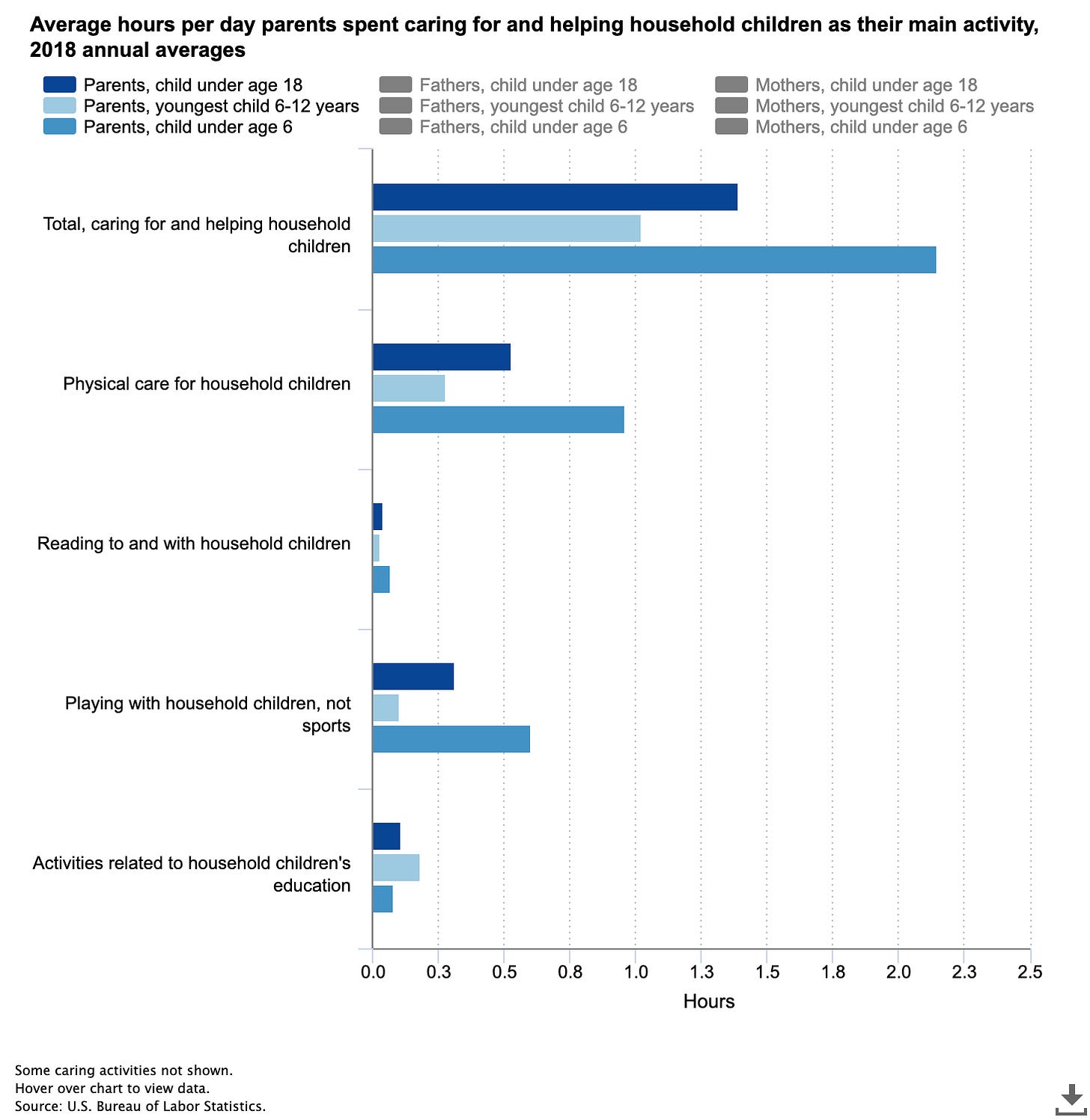
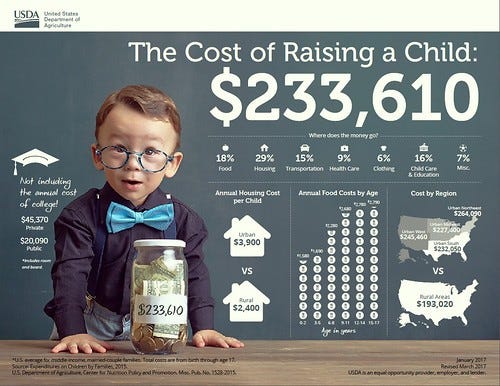
![[The Partnership for Solutions. (2004). Chronic Conditions: Making the Case for Ongoing Care.] [The Partnership for Solutions. (2004). Chronic Conditions: Making the Case for Ongoing Care.]](https://substackcdn.com/image/fetch/$s_!ZstG!,w_1456,c_limit,f_auto,q_auto:good,fl_progressive:steep/https%3A%2F%2Fsubstack-post-media.s3.amazonaws.com%2Fpublic%2Fimages%2F2be93113-5534-4dc2-8782-1d5954a3ed65_508x394.png)
